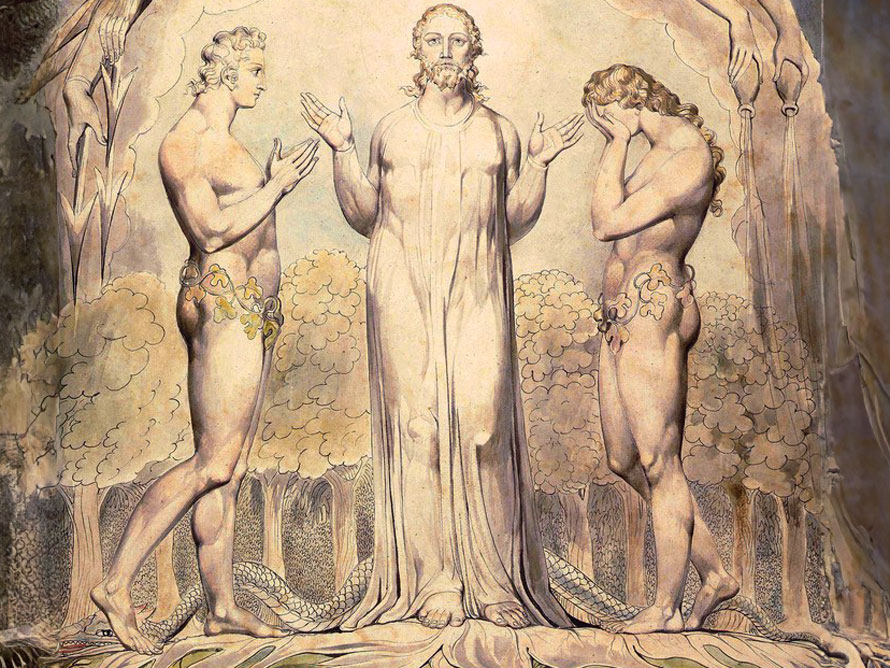Paradise Lost is the 17th Century poet John Milton's masterpiece. Published in 1667, it is composed of over 10,500 lines of verse and considered one of the best epic poems of all time. Though it takes a sacrosanctInviolable or beyond criticism. It derives from two Latin words, "sacro" and "sanctus", that both have religious connotations. tale — that of the Fall of Mankind from the Old TestamentThe first part of the Christian Bible, and is mainly based on the 24 books of the Hebrew Bible (Tanakh). — it also speaks slyly to political concerns of Milton's day, namely England's brutal civil wars and its brief interlude of republicanSomebody who supports the idea of a country having an elected head of state, such as a president, rather than a hereditary king or queen. government under Oliver Cromwell. It was written by a literary genius near the end of his life, struggling with blindness, ageing and political disgrace. And yet it is somehow more visionary than ever. It is also undergoing a resurgence: it has been translated more in the last 30 years than in the preceding 300, and mostly into non-Western languages.
Paradise Lost

Glossary
Sacrosanct - Inviolable or beyond criticism. It derives from two Latin words, "sacro" and "sanctus", that both have religious connotations.
Old Testament - The first part of the Christian Bible, and is mainly based on the 24 books of the Hebrew Bible (Tanakh).
Republican - Somebody who supports the idea of a country having an elected head of state, such as a president, rather than a hereditary king or queen.
Squire - In history, a young nobleman, or the chief landowner of an area.
Progressive - In a political context, the belief that society can be transformed in the interests of ordinary people. It is normally associated with the politics of the left.
Elucidating - Making something clear.
Salvation - Being saved from harm or ruin, or in a religious context, sin.
Tyranny - Cruel and aggressive use of power, often used to describe countries under the grip of a single oppressive leader.
Omnipresence - Being found everywhere.
